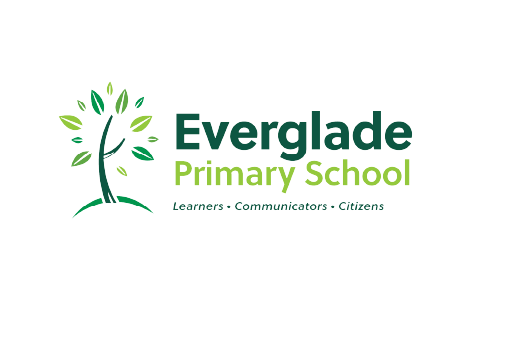Homework is defined as tasks assigned to students by school teachers that are intended to be carried out during non-school hours [i]. As noted by Dr. Cathy Vatterott via The Education Hub NZ, 'homework is a unique educational practice as it is the only learning strategy that crosses the boundary between the school and the home. Much virtue has been attributed to the practice of homework that has not been borne out by research. Both teachers and parents have strong feelings, both positive and negative, about the value of homework, and parents and teachers alike still confuse homework load with rigour, and compliance with responsibility.'
The question is always raised about how beneficial homework is to student progress and achievement. We are very aware that homework has the potential to become a source of tension at home, especially if students already partake in a range of after-school activities/ sports. This, coupled with John Hattie's findings that homework has little to no effect on the progress of primary school-aged children, has led us to try to find the 'middle-ground' with our stance on homework.
At Everglade, we use the term 'Learning@Home' as we see home-learning activities as an opportunity for valuable relationship-building time, and time for your child to share with you what they do in school. It should be tension-free, filled with positive praise and a chance to build your child's self belief that they are capable learners. Each learning team throughout the school has put together some guidelines around suitable Learning@Home activities for students, which includes reading, digital activities and extracurricular activities (such as household chores!).
[i] Cooper, H. (2007). The battle over homework: Common ground for administrators, teachers, and parents. (3rd edition). Thousand Oaks, CA: Corwin Press.

